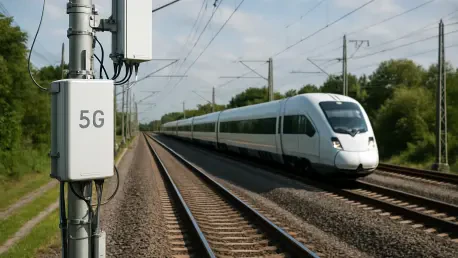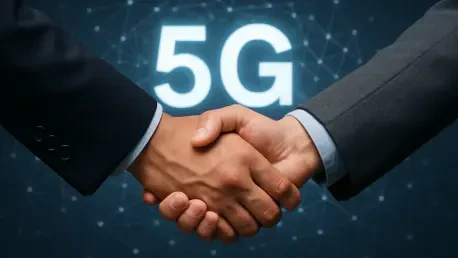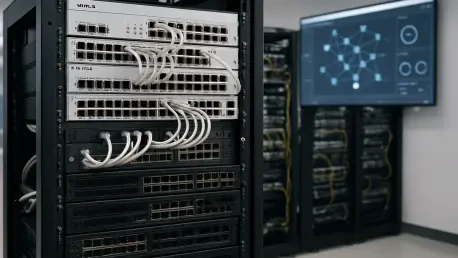
Imagine a world where trains operate with unprecedented precision, safety, and efficiency, all thanks to cutting-edge technology seamlessly connecting every aspect of railway operations. This vision is inching closer to reality as innovative strides in 5G technology are being tested to transform

In a landmark move for the UK's telecommunications landscape, a monumental partnership has emerged between Ericsson, a global leader in network technology, and VodafoneThree, one of the country's foremost communications service providers, with a staggering value of SEK 12.5 billion, equivalent to

In a startling revelation that has sent shockwaves through the cybersecurity and telecommunications sectors, a massive network of SIM farms was recently uncovered near a high-profile international hub in New York, raising urgent concerns. This discovery, made by federal authorities during a

In an era where digital transformation is reshaping every corner of the business world, enterprises are grappling with the immense challenge of maintaining networks that can keep up with skyrocketing demands for speed, reliability, and scalability, while traditional Local Area Networks (LANs),

In an era where connectivity drives the trucking industry, the reliance on Wi-Fi for everything from navigation to fleet management has become indispensable, yet it also exposes drivers and companies to significant cybersecurity risks that can disrupt operations. Truckers depend on internet access

In a world increasingly shaped by artificial intelligence, the United Arab Emirates has emerged as a pivotal player, driving innovation with a bold new financial commitment to lead technological advancements. This groundbreaking move underscores the nation's ambition to not only keep pace with